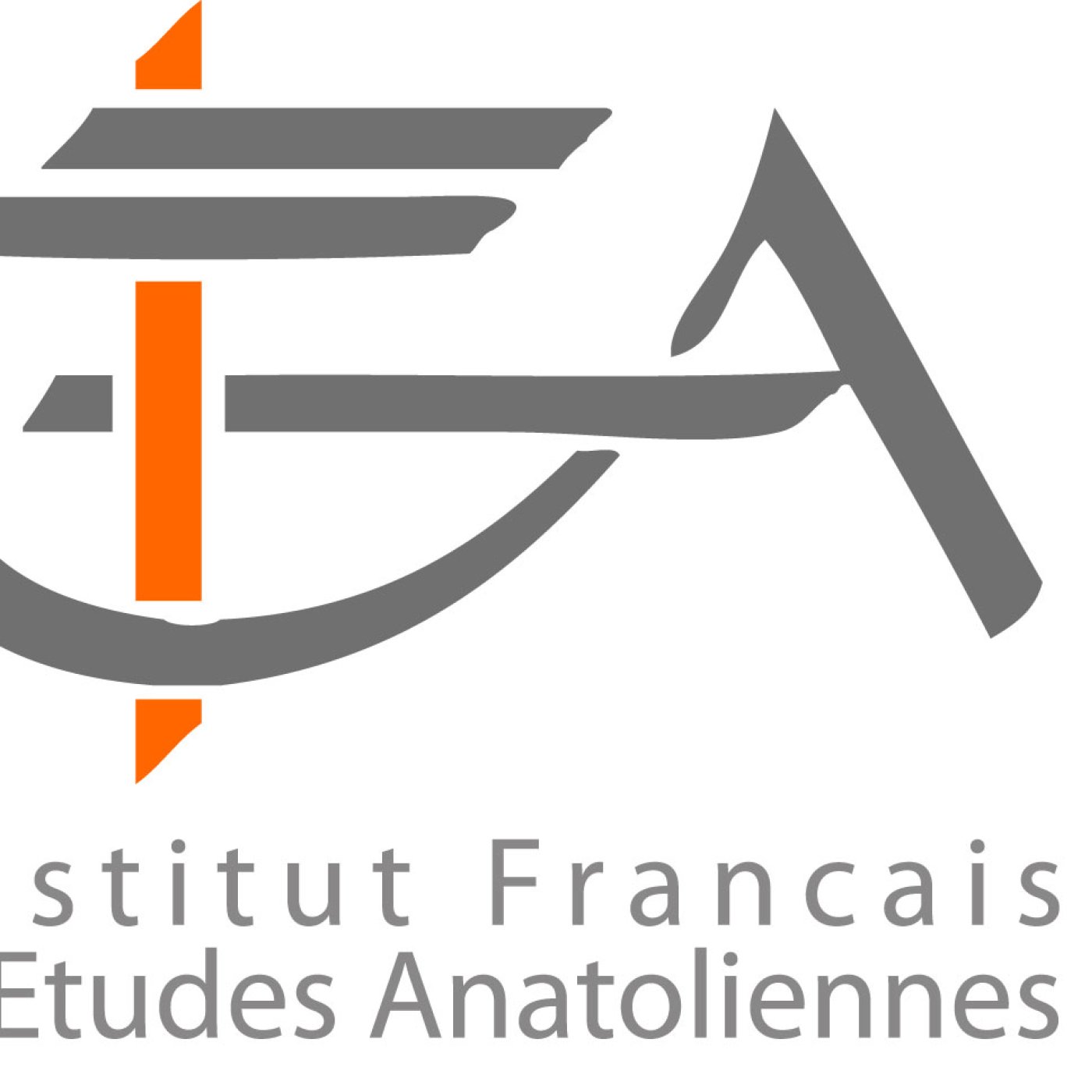Scholar-Bureaucrats and the Making of the Early Modern Ottoman Empire: Bearers of Authority, Legitimacy, and Expertise

Abdurrahman Atçil (Université Sabanci)
Séance modérée par Denis Hermann (IFEA)
In the pre-modern Ottoman Empire, a large group of Muslim scholars, specialists of Islamic religious knowledge, constituted a significant branch of the Ottoman bureaucracy. In addition to participating in the transmission of religious knowledge and providing religious guidance, these scholars acted as the agents of the sultans’ government, serving as judges, financial officials, administrative investigators, diplomats, etc. They pursued a career in government service, climbing up a ladder of hierarchically organized positions with regular promotions. The functions they fulfilled and the form of their relationship with the government distinguished these scholars from their predecessors and their contemporary colleagues. They were a unique group, and deserve a unique label: “scholar-bureaucrats.”
Muslim scholars traditionally claimed the moral authority in the Islamic world and usually esteemed independence from the ruling authorities. For this reason, their incorporation into the government was a significant development. It was a gradual process and had many ups and downs and turning points. From the second half of the fifteenth century, many factors, such as the construction of largescale educational complexes, the institutionalization of the state, international developments, and scholars’ increasing desire to participate in the government, dynamically interacted and brought about the rise of the group of scholar-bureaucrats.
The special position of scholar-bureaucrats was one of the distinctive characteristics of the early modern Ottoman Empire. Scholar-bureaucrats contributed legal and administrative expertise to the Ottoman government. They also helped the Ottomans to acquire and strengthen their legitimacy. Last but not least, the presence of scholar-bureaucrats hindered the rise of a body of religious authorities, with parallel and competing claims to those of the government.
Abdurrahman Atçıl is an associate professor of history at the Faculty of Arts and Social Sciences. He received his Ph.D. degree from the University of Chicago in 2010. Before joining Sabancı University in 2020, he worked as a postdoctoral fellow at Harvard Law School and as an assistant professor and associate professor at Queens College of the City University of New York and Istanbul Şehir University.
In terms of research, Dr. Atçıl is particularly interested in questions of law, religion, and politics in the early modern Ottoman Empire. His first book, Scholars and Sultans in the Early Modern Ottoman Empire, details Muslim scholars’ transition from independent and cosmopolitan actors to scholar-bureaucrats. His other published work is devoted to addressing issues, such as the Ottoman-Safavid conflict, scholarly mobility and theology and philosophy in the Islamic legal tradition.
Dr. Atçıl is currently working on two projects: The first, funded by the Scientific and Technological Research Council of Turkey-Career Development Grant, uses social-network-analysis technologies to examine the professional and intellectual networks of over 750 high-level Ottoman scholar-bureaucrats in the period 1470–1650. The second, funded by European Research Council-Consolidator Grant, investigates the formation of law in the Ottoman Empire between 1450 and 1650. Examining the religio-legal opinions (fetva) of scholars and decrees of sultans (kanun), it aspires to develop a model of lawmaking that will account for diversity and change in early-modern societies.
Intervention en anglais
Détails
| Date de l'événement | 15/02/2021 6:00 pm |
| Places | Illimitée |
| Inscrit.e.s | 0 |
| Lieu | Zoom meeting |



